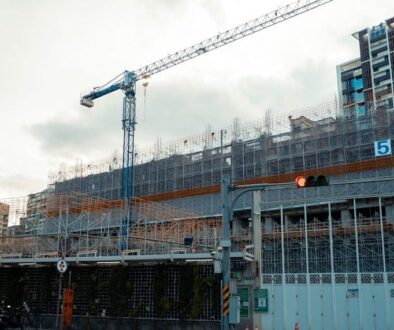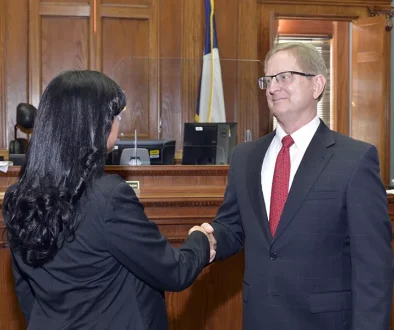How to Protect Yourself in a Construction Defect Claim
Builders are generally able to resolve disagreements with homeowners over a construction defect claim, but there are some things you should know to protect yourself. When a resolution cannot be reached, the Residential Construction Liability Act (RCLA), which is found in Chapter 27 of the Texas Property Code, governs such claims. Because of the protections afforded by the RCLA, a builder should take homeowner complaints seriously and follow the procedures of the RCLA.
The scope of the RCLA is broad—it covers construction defect disputes regarding building new homes, remodeling of existing residences, constructing appurtenances like a garage, and construction damage to real property. The RCLA also has a broad definition of “contractor.” Essentially, anyone who repairs or alters a residence under a contract with a homeowner is a contractor. This means that handymen and small home repair businesses are considered contractors. The RCLA, however, does not cover claims based on the injury or death of a person, or damage to personal goods. Also, although a defect is broadly defined, builders are not liable for a construction defect claim that is caused by:
- normal wear, tear, or deterioration;
- normal shrinkage due to drying or settlement of construction materials within the tolerance of building standards;
- problems caused by the negligence of a person other than the builder or the builder’s agents or employees;
- problems caused by a homeowner who fails to take reasonable action to mitigate the damages or take reasonable action to maintain the residence; or
- problems that arise when the builder relies on written information about the home that was obtained by the builder from official records and if the information in the records was false or inaccurate and the builder did not know and could not reasonably have known the information was inaccurate.
Although other damage limits sometimes apply, typically, a homeowner may only recover the following reasonable and necessary damages caused by the builder:
- costs of repairs to cure the defect;
- costs for repair or replacement of any damaged goods in the residence;
- engineering and consulting fees;
- temporary housing during the repair period; and
- reduction in market value, if any, to the extent the reduction is due to structural failure.
The RCLA also specifies a series of notices, offers to address the complaint, and consequences for not acting in good faith. To start the RCLA process, the homeowner has 60 days to provide the builder with written notice of any complaint about a construction defect. The notice must be sent by certified mail and describe in reasonable detail all the homeowner’s complaints.
After receiving the homeowner’s letter, a builder has 35 days to inspect the home. The purpose of the inspection is, “to determine the nature and cause of the defect and the nature and extent of repairs necessary to remedy the defect.”
Within 45 days of the homeowner’s letter, the builder can make an offer to address the homeowner’s complaints. The offer may include (i) a proposal to repair the defect; (ii) a proposal to repair the defect partially or totally at the builder’s expense, or at a reduced rate to the homeowner; or (iii) a monetary settlement offer or an offer to purchase the residence. The offer may include a proposal for the builder or an independent contractor to perform any repair work. The builder’s repair offer should describe in reasonable detail the kind of repairs which will be made. If accepted, the repairs must be completed within 45 days, unless delayed by the homeowner or events beyond the builder’s control.
The homeowner has 25 days to respond to the builder’s offer and, if it is rejected, must state in reasonable detail why the offer is unreasonable. If the homeowner does nothing, the offer is deemed rejected after 25 days. If an offer is rejected, the builder then has 10 days to make a supplemental offer.
If a homeowner rejects what is later determined by the court to be a reasonable offer, the homeowner cannot recover more than (i) the fair market value of the builder’s last offer of settlement; or the amount of any reasonable monetary settlement or purchase offer made and (ii) the amount of attorneys’ fees and costs incurred before the offer was rejected. On the other hand, if a court determines that the builder made an unreasonable offer, the damage limitations of the RCLA do not apply.
If a builder is unable to informally satisfy a homeowner’s concerns over an alleged construction defect claim, the builder should follow the requirements of the RCLA.


